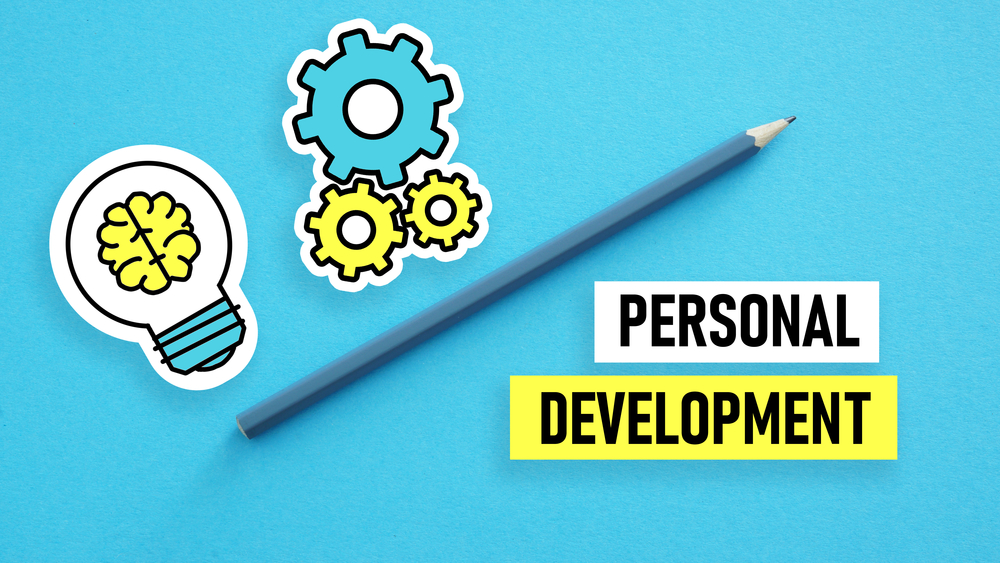Recovery from addiction is not only about abstaining from substances; it involves a comprehensive transformation of one’s lifestyle, habits, and personal outlook. Personal development plays a pivotal role in this transformation, supporting sustained recovery and a fulfilling life free from addiction. This blog post examines the importance of personal growth and how it contributes to long-term recovery from addiction via telehealth treatment.
Table of Contents
ToggleUnderstanding Personal Development in Recovery
Personal development in the context of recovery refers to the continuous efforts to improve oneself, emotionally, mentally, and physically. It involves setting and achieving personal goals, learning new skills, and building a life that aligns with one’s values and aspirations, free from the constraints of addiction.
Key Areas of Personal Development
Emotional Intelligence: Developing the ability to understand and manage withdrawals and your emotions effectively. This includes recognizing triggers, handling stress without substances, and fostering healthy relationships.
Skill Development: Learning new skills or enhancing existing ones, which can boost confidence and provide meaningful engagement and a sense of accomplishment.
Education and Career Advancement: Furthering education or advancing in a career can provide purpose and a positive direction, which are essential for a fulfilled life in recovery.
Health and Wellness: Committing to physical health through exercise, nutrition, and sleep, which significantly impacts mental health and overall well-being.
Spiritual Growth: Many find strength in cultivating spiritual practices or exploring their spirituality, which can offer support and a sense of belonging.
Benefits of Personal Development in Recovery
Improved Self-Esteem and Confidence: As individuals achieve personal goals, their self-esteem improves, which is crucial for recovery.
Reduced Risk of Relapse: Engaging in personal development activities provides a sense of purpose and fulfillment that can decrease the likelihood of turning back to substances.
Enhanced Coping Strategies: Developing personal skills helps individuals handle life’s challenges more effectively, reducing dependency on substances as coping mechanisms.
Building a Supportive Network: Through activities like classes, workshops, or spiritual groups, individuals can meet others with similar interests, creating a network of support.
Integrating Personal Development into Recovery Plans
Incorporating personal development into recovery plans requires intentional action:
Set Clear Goals: Identifying specific, achievable goals provides direction and motivation.
Seek Resources and Support: Utilize community resources, educational programs, or professional help to pursue personal development.
Regular Self-Reflection: Taking time to reflect on personal growth achievements and areas for improvement can guide ongoing development efforts.
Conclusion
Personal development is a cornerstone of successful, long-term recovery from addiction. By focusing on continual growth and self-improvement, individuals can build a life that not only supports sobriety but is also rich and fulfilling. This holistic approach to recovery strengthens individuals from within, providing them with the tools and resilience needed to face life without dependency on substances.
In conclusion, the pursuit of personal development stands as a vital pillar in the foundation of successful, long-term recovery from addiction. Here at Renew Health, we deeply understand the profound impact that prioritizing continual growth and self-improvement can have on individuals as they navigate their journey toward sobriety. By embracing a holistic approach to recovery—one that encompasses not only abstinence from substances but also the cultivation of a fulfilling and purpose-driven life—individuals are empowered to fortify their inner resilience and unlock their full potential.
Personal development in the context of addiction recovery transcends mere abstinence; it encompasses a profound transformation of mind, body, and spirit. It involves a commitment to self-exploration, introspection, and the cultivation of healthy habits and coping mechanisms. Through therapy, support groups, and various wellness practices, individuals learn to confront and address the underlying issues driving their addictive behaviors, paving the way for lasting change and healing.
At Renew Health, we are dedicated to providing comprehensive support and resources to facilitate personal growth and development in our patients. Through tailored treatment plans, evidence-based interventions, and compassionate care, we guide individuals along their path to self-discovery and empowerment. Whether through therapy sessions, educational workshops, or holistic wellness activities, we strive to create an environment where individuals feel safe, supported, and empowered to explore their full potential.
In essence, personal development in recovery is not merely about overcoming addiction; it’s about rediscovering oneself, embracing one’s strengths and weaknesses, and forging a path toward a brighter, more promising future. It’s about realizing that recovery is not just about getting sober; it’s about creating a life worth living—one that is filled with meaning, purpose, and endless possibilities. And at Renew Health, we are honored to walk alongside our patients as they embark on this extraordinary journey of self-discovery and transformation.

